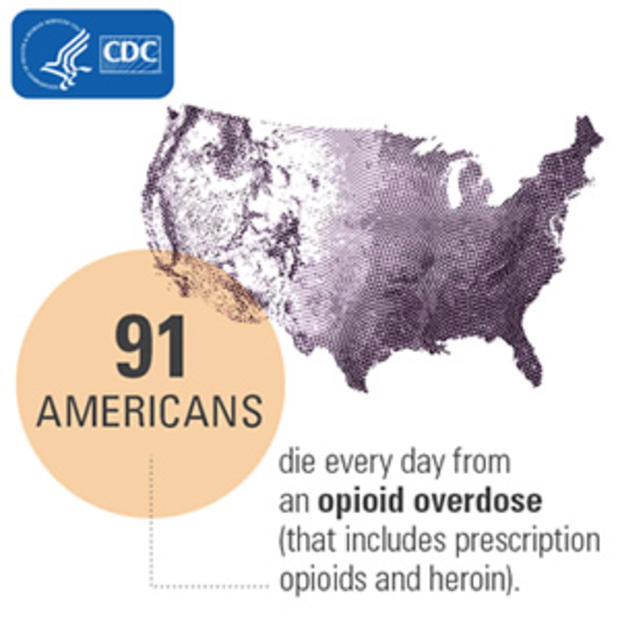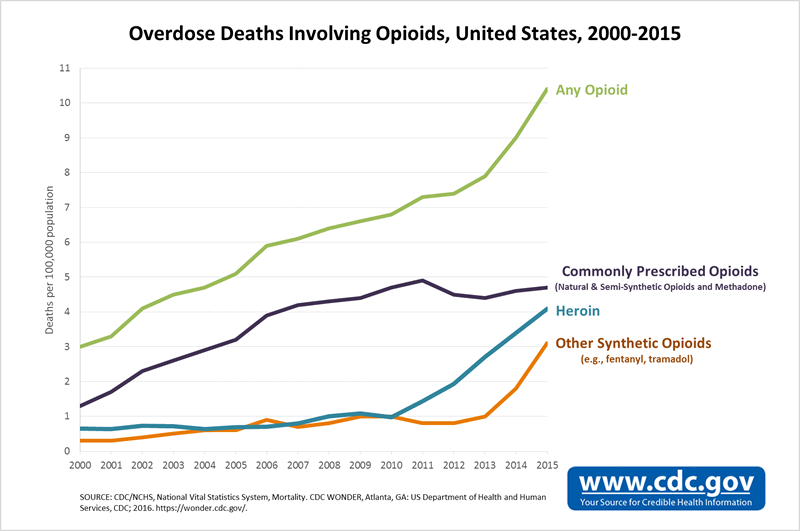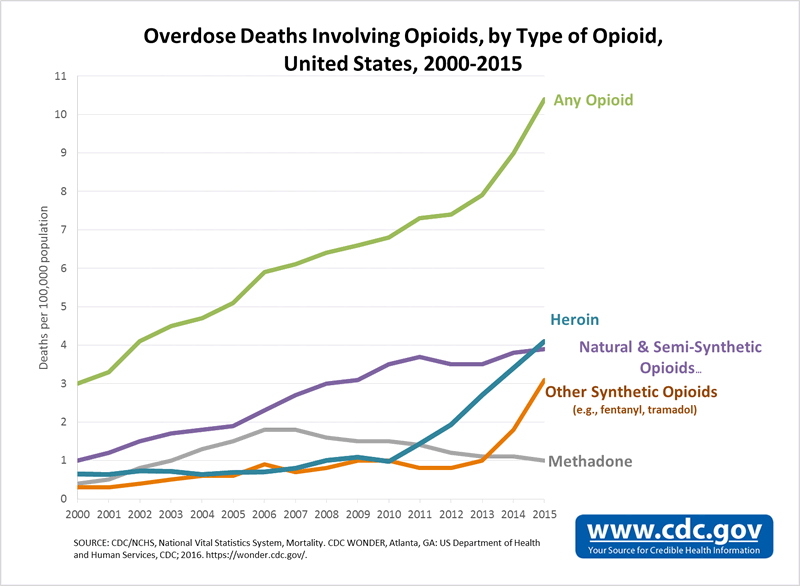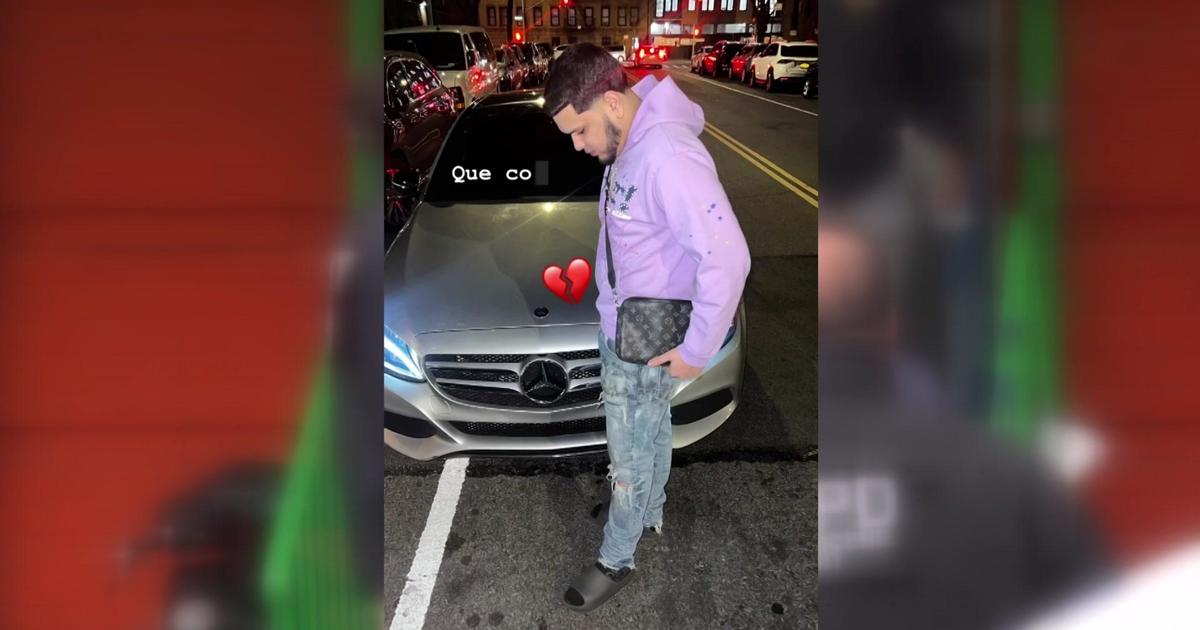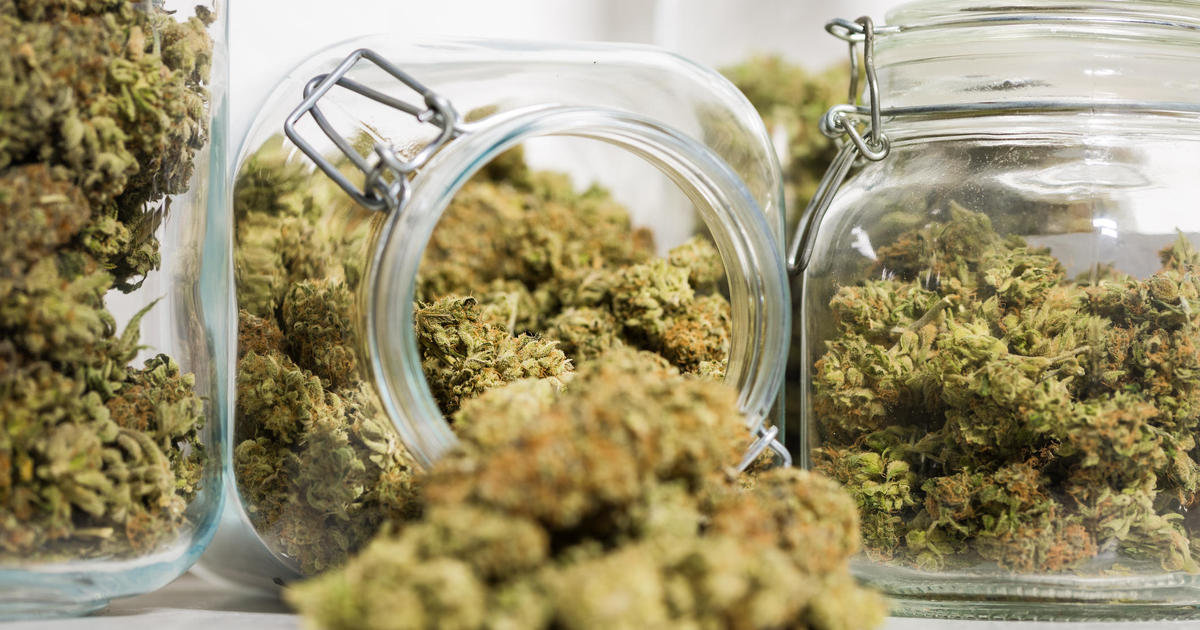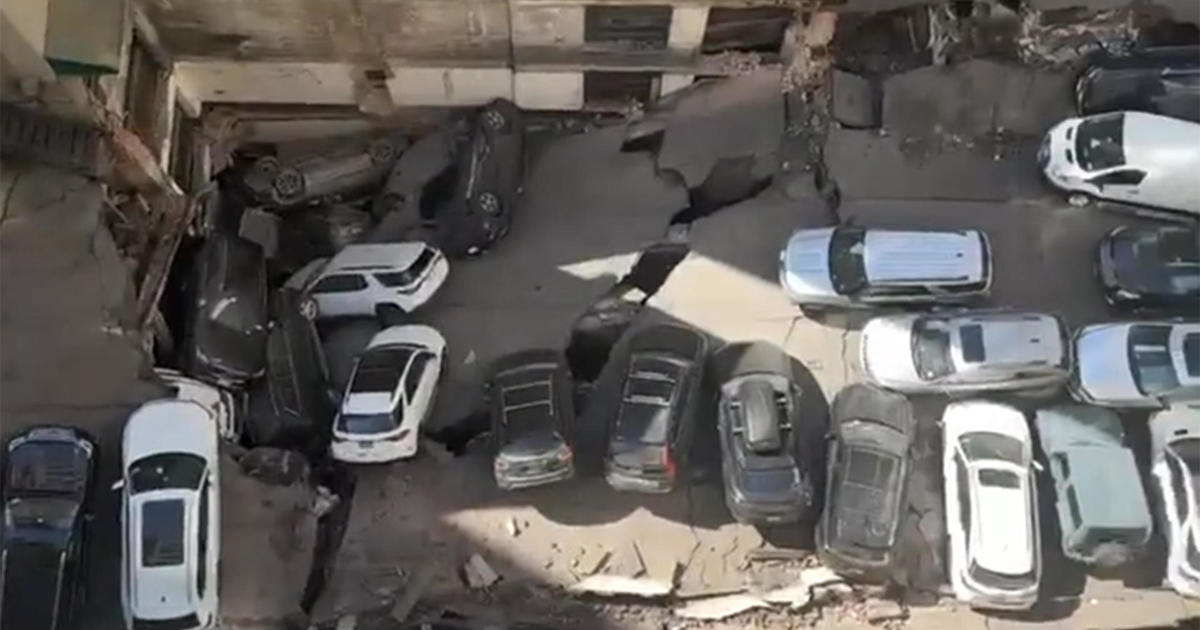Killer Tide: The Opioid Epidemic
NEW YORK (WCBS 880) -- America is in the midst of an opioid epidemic.
Opioids, both prescription and illicit, are killing people across the Tri-State Area in record numbers.
Our communities are caught in the middle of a modern drug war -- one that most experts believe we are losing. The "killer tide" of drug abuse washing through our cities and towns has now reached crisis proportion. Elected officials like New Jersey Gov. Chris Christie and Connecticut Sen. Chris Murphy are sounding the alarm, saying the longer we delay a national strategy the more lives we will lose.
Over the next several weeks, WCBS and CBS New York will deliver a series of special reports on the opioid crisis titled "Killer Tide: The Opioid Epidemic." We'll take a deep dive into the problem with people on the front lines of the war.
Our reporting has taken us from Ocean County in New Jersey, one of the hardest hit areas, to Suffolk County on Long Island, where law enforcement has taken on a unique role. We sat down with the Drug Enforcement Administration, law enforcement, health care professionals, addicts and families who lost loved ones to the deadly spiral of opioid abuse. We also spoke with Christie, who -- as he prepares to leave the governor's office -- is making this issue a capstone on his eight years there.
How bad is the problem? The financial cost alone is crippling, with over $55 billion in health care costs related to prescription opioid abuse each year, and an additional $20 billion in emergency department and inpatient care for opioid poisonings. And then, there is the human toll. Every day, 91 Americans die from opioid overdoses, according to the Centers for Disease Control and Prevention.
The CDC says the following about prescription opioids:
"Prescription opioids can be used to treat moderate-to-severe pain and are often prescribed following surgery or injury, or for health conditions such as cancer. In recent years, there has been a dramatic increase in the acceptance and use of prescription opioids for the treatment of chronic, non-cancer pain, such as back pain or osteoarthritis, despite serious risks and the lack of evidence about their long-term effectiveness."
The problem, according to the CDC, is that painkiller prescriptions have skyrocketed over the past few years: "Providers wrote nearly a quarter of a billion opioid prescriptions in 2013... enough for every American adult to have their own bottle of pills." The most common drugs involved in prescription opioid overdose deaths are methadone, oxycodone, and hydrocodone. But what has law enforcement and health professionals even more concerned is the explosion of cheap heroin and the synthetic opioid fentanyl.
The Federal Drug Enforcement Administration calls heroin the biggest threat to public health in the Northeast. A recent take-down in the Bronx netted 103 pounds of heroin and the synthetic opioid fentanyl, and resulted in the indictment of 32 people. But someone always steps in to fill the void, because the demand is so high.
Special Agent in charge of the New York Division James Hunt told WCBS 880, "there is more heroin on the streets of New York City than ever before."
And it is deadlier than ever before. Dealers are cutting heroin with various types of synthetic drugs like fentanyl and carfentanil, an elephant tranquilizer that is 1,000 stronger than heroin and can be deadly to the touch.
Ocean County Prosecutor Joseph Coronato said his county logged 210 deaths in 2016 and fears the number may rise to 300 in 2017 if the tide doesn't turn.
"The numbers are continuing to spiral out of control," he said. "It's morphing, it's changing. I see what I call the 'synthetic storm' coming through. The epidemic is wide and it's deep."
Two hundred miles to the northeast, the story is very much the same. After touring a drug rehab center in the Hartford area, Murphy told us, "we're losing the war on heroin."
Next week, we'll shine the spotlight on the human toll. You'll hear from parents who have lost children to the epidemic, and we'll ask officials pointed questions about how to stem the killer tide. Then in the weeks ahead, we'll look at strategies that are working in areas of law enforcement and public health.
